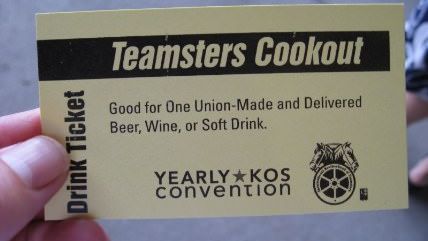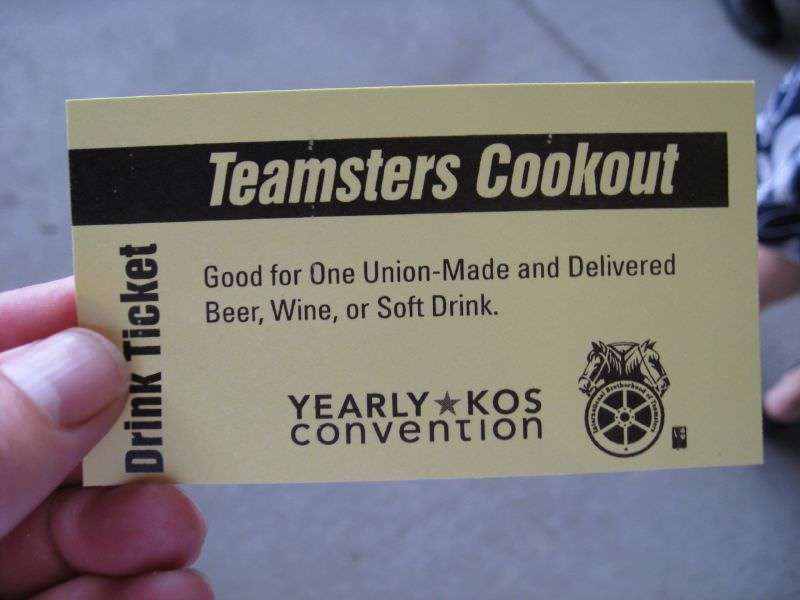Labor Board Opens Door to Unionized Contract, Temp Employees
Employers could be dragged into labor negotiations.


Attention American employers: If you set some of the terms for the employment of temporary workers you hire through outside services or contractors (and you probably do), the National Labor Relations Board (NLRB) may consider you to also be their employer. As a result, you could be dragged into collective bargaining negotiations or potentially accountable for labor violations.
That's the result of a split ruling from the NLRB yesterday that determined Browning-Ferris Industries, a waste management company, is the joint employer over staff it retains through Leadpoint Business Services. The Teamsters have been trying to organize and represent these workers and told the NLRB they couldn't do so without forcing Browning-Ferris Industries to the table, according to the Wall Street Journal.
Businesses are expecting a huge impact from this ruling, split 3-2 on a partisan divide (Democrats, aye; Republicans, nay}:
"If this decision stands, the economic rationale for hiring a subcontractor vanishes," said Beth Milito, senior legal counsel for the National Federation of Independent Business. "It will make it much harder for self-employed subcontractors to get jobs and of course it will drive up operating expenses for the companies that hire them."
Union groups, meanwhile, have complained to regulators that many businesses exercise control over the pay and working conditions of certain workers but shirk their duties by refusing to claim them as employees.
Larry Daugherty, principal officer of the Teamsters local that brought the case, said, "We are pleased with this decision, which will provide justice to workers who have been fighting for fairness in the workplace for a long time."
Beyond the economic liberty issues of a government bureaucracy deciding whether a business's relationship to contractors and temp workers is what the business wants it to be, there is a non-so-slight issue of even trying to determine which businesses the ruling will impact. The NLRB said they would consider whether an employer exercises "indirect control" over employees hired through contractors or temp agencies on a case-by-case basis. So for anybody who uses temp employees, whether or not this ruling even applies to them will be determined, in the future, by the NLRB, if somebody complains.
The ruling has people also paying attention to the ongoing conflict of whether large corporations who operate through the use of franchises (such as fast food restaurants) are jointly responsible for labor decisions by the franchisees. McDonald's has been battling unions trying to organize and force wage increases coming directly at them instead of the franchises that actually run the restaurants. (I wrote about that situation last year.) A McDonald's representative wouldn't speak directly about this case (as the issues aren't directly the same), but repeated its regular response that McDonald's does not control any terms of employment or wages for its franchisees.


Show Comments (109)